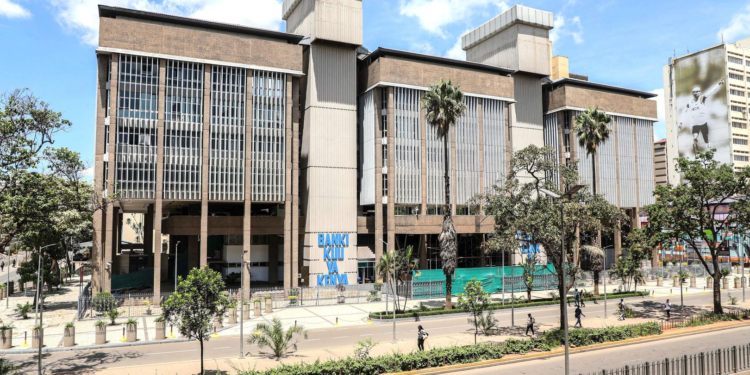Investing in Kenyan government bonds provides a safe opportunity for generating income. There are two main ways to purchase these bonds: directly from the Central Bank of Kenya (CBK) or through commercial banks. Each method has its own set of benefits and considerations.
Investors have the option to purchase government securities directly from the CBK by setting up a Central Depository System (CDS) account. This method is simple and economical since the CBK doesn’t impose any fees for opening or maintaining CDS accounts. To carry out transactions, investors need an active bank account with a Kenyan commercial bank. The CBK provides a range of bonds, such as fixed coupon Treasury bonds and tax-exempt infrastructure bonds, with maturities spanning from one to thirty years. The minimum investment amount required is KES 50,000.0.
Alternatively, investors can choose to purchase government bonds via commercial or investment banks. The bank serves as an intermediary, handling the investment on behalf of the client. Though this method provides convenience, it usually entails fees or commissions for the bank’s services. Moreover, banks often offer advisory services to help investors choose appropriate bonds based on their financial objectives and risk tolerance Cost: Direct investment via the CBK is generally more cost-effective due to the absence of intermediary fees. In contrast, purchasing through banks may incur additional costs, potentially reducing net returns.
Investing via banks can be more convenient, particularly for those who appreciate personalized services or are not well-versed in the bond market. Banks often provide customized advice and manage administrative tasks, streamlining the investment process.
Investing directly offers investors more control over their investment choices, enabling them to take part in bond auctions firsthand and manage their portfolios without any intermediary influence.
By December 2024, there was a noticeable drop in demand for Kenyan government securities, especially long-term Treasury bills and bonds. Investors have become more risk-averse, leading to undersubscription in recent auctions. This trend presents challenges for the government’s domestic borrowing strategy and could affect future bond issuance and yields
Choosing whether to buy bonds directly from the CBK or through commercial banks depends on individual preferences for cost, convenience, and control. Direct investment is more cost-effective and allows for greater independence, whereas purchasing through banks provides convenience and personalized services, albeit at a higher cost. Investors should consider their financial goals, current market conditions, and risk tolerance to determine the best approach.

















